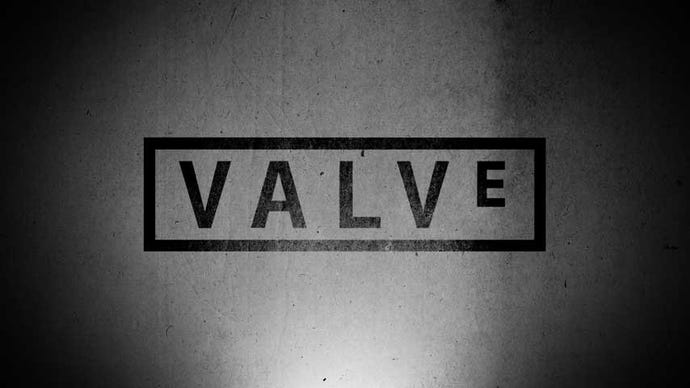Valve anti-cheat does not steal your browser history - Newell
Valve has responded to accusations that its widely-used anti-cheating system, VAC, goes through your browser history and reports back to its master.
To nobody's real surprise, the developer and Steam creator denied the charges, which surfaced from a Reddit user over the weekend based on their de-compilation of a single module of the system.
Responding directly on Reddit, company founder and leader Gabe Newell broke his usual policy of not talking about how VAC works (because the more cheaters know, the more easily they can circumvent it), explaining what it is VAC does that might appear to be scoping your browsing habits - and why.
"Cheat developers have a problem in getting cheaters to actually pay them for all the obvious reasons, so they start creating DRM and anti-cheat code for their cheats. These cheats phone home to a DRM server that confirms that a cheater has actually paid to use the cheat," he wrote.
"VAC checked for the presence of these cheats. If they were detected VAC then checked to see which cheat DRM server was being contacted. This second check was done by looking for a partial match to those (non-web) cheat DRM servers in the DNS cache. If found, then hashes of the matching DNS entries were sent to the VAC servers. The match was double checked on our servers and then that client was marked for a future ban. Less than a tenth of one percent of clients triggered the second check. 570 cheaters are being banned as a result."
Newell said this particular technology was effective for about 13 days, a typical period of advantage in the ongoing cheat versus anti-cheat arms race.
In addition to explaining the technology that had alarmed users, Newell argued that only cheaters benefitted from its exposure to the public consciousness.
"There is also a social engineering side to cheating, which is to attack people's trust in the system. If 'Valve is evil - look they are tracking all of the websites you visit' is an idea that gets traction, then that is to the benefit of cheaters and cheat creators," he wrote.
"VAC is inherently a scary looking piece of software, because it is trying to be obscure, it is going after code that is trying to attack it, and it is sneaky. For most cheat developers, social engineering might be a cheaper way to attack the system than continuing the code arms race, which means that there will be more Reddit posts trying to cast VAC in a sinister light.
"Our response is to make it clear what we were actually doing and why with enough transparency that people can make their own judgements as to whether or not we are trustworthy."
Newell ended his post with the following adorable Q&A:
- Do we send your browsing history to Valve? No.
- Do we care what porn sites you visit? Oh, dear god, no. My brain just melted.
- Is Valve using its market success to go evil? I don't think so, but you have to make the call if we are trustworthy. We try really hard to earn and keep your trust.
Thanks, Kotaku.


